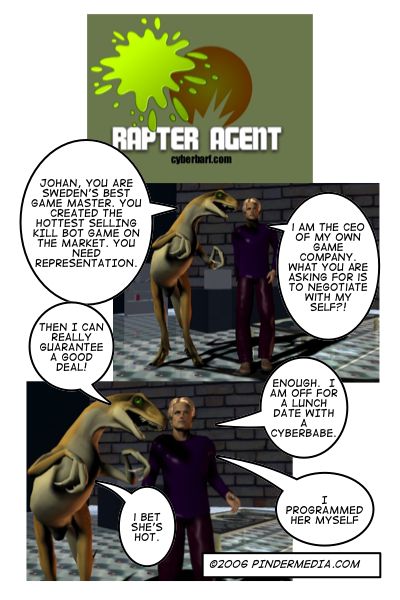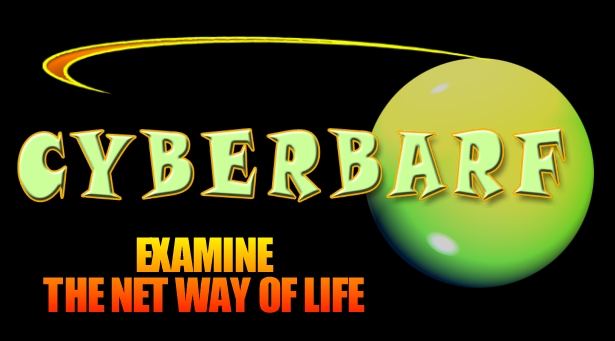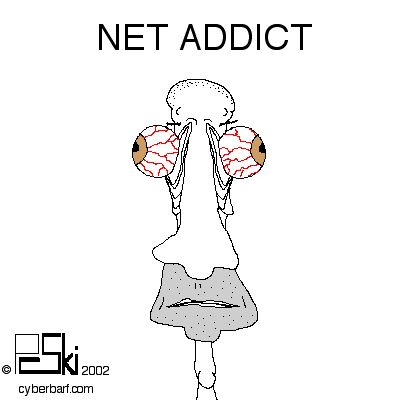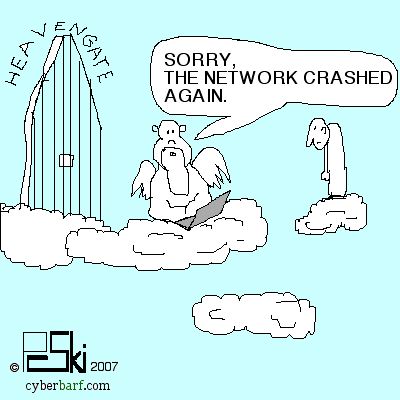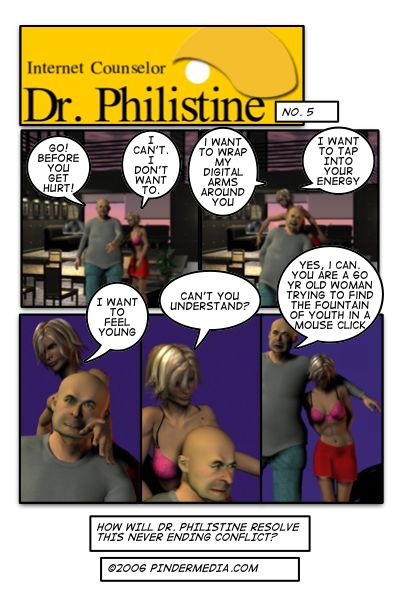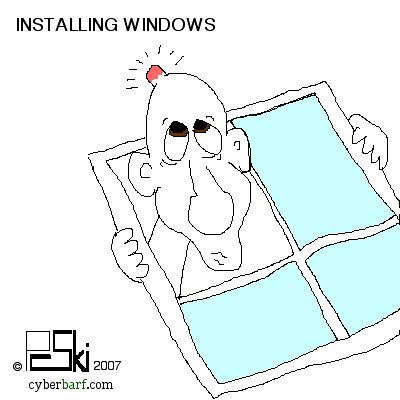The powers in their white ivory towers had a jaw dropping
revelation last month. Politicians may have lost their own control on
their campaigns. The internet has open the playing field for non-professional
attack ads against them. One thing a politician cannot stand is someone
telling them what to do. Another thing is having someone else define their
ego-inflated image of themselves.
It is one thing to have a campaign worker pluck up an
opponent's yard signs and replace them with another candidate. It is one
thing to have campaign workers distribute leaflets on car windows and
outside polling places. It is one thing to have supporters write letters
to the editor of the local newspapers. But is another thing to have non-campaign
sanctioned persons create their own little dirty trick bag.
Richard Nixon's fraternity boys gone amok brought down
his paranoid presidency. The burglars, named the Plumbers, were a bunch
of cronies who broke into the Democratic Campaign Headquarters at the
Watergate complex to steal information and dirt on candidates so Nixon
could squeeze any opponent with negative gossip or scandal. Hard ball
politics in many circles is a blood sport. Unchecked power has a habit
of corrupting those elected to serve the will of the people.
Now, most campaign election laws are written by legislators
who like to keep their jobs. Incumbency is the hardest diamond to crack
during an election cycle. Incumbents rarely lose. They only lose if they
are tainted with a last minute scandal of epic sleaze or criminality.
It is the road side bomb that most candidates fear to tread in the waning
days of a campaign.
The usual suspects are drugs, sex, bribery, contract
fixing or alcohol addiction.
But now that the mainstream media has diluted the concept
of truth and fact checking to a bare minimum standard, campaign opponents
are free to trial balloon explosive charges in the press through leaks
or back door story ideas. Shortly after the story was circulating that
candidate Barack Obama was educated in a foreign Muslim school, current
buzzwords for recruiting terror cells, it was found out that the story
originated in a Hillary Clinton research firm. So Obama wasted a week
trying to correct the wrong impression originally spawned into Internet
gossip. Recently, Hillary Clinton got her own whack across the tush. Someone
had mashed up the infamous Apple 1984 Orwellian Super Bowl commercial
by inserting Hillary's face and stump speech for the evil overlord scowling
to his lemmings. Afterward, this video was traced to a worker at one of
Obama's media relations firms. Denying any knowledge of the mash-up, that
firm terminated the worker who created the attack ad.
These Internet hand grenades can go off anywhere at any
time, and can spread like wildfire through email and blog RSS sites. The
bigger the explosive allegations, the more the media attention. And considering
that most Americans get their news from faux news parody shows like the
Daily Show, there is no principled filter on what is true or false.
A person can create a negative ad about a candidate and
post it on the web and there is little the candidate can do about it.
An organization can spread a falsehood about a candidate through its membership
with the simple click of a mouse. And such actions don't cost any real
dollars. Candidates spend hundreds of million of dollars with media consultants
and advertising firms polishing their image and message to gain electoral
votes. It could all be blown away in one simple video posted to the net.
And it is not like politicians have no fodder to give
this creative cyberbombers. If they have been in the game of politics
long enough, they have made stupid remarks, half-baked statements, and
pandered to every living organism on the planet to squeeze the last drop
from the voting orange. One could ask an off-video question and splice
in a different answer and make a candidate look like an idiot. Or you
could just film them in their natural idiotic state, like John Dean campaign
rally yelling like Tarzan after losing a caucus vote, and post it to news
organizations to derail his candidacy before it gets any head of steam.
This season's political elite are troubled by the fact
that any one of them can turn into this year's howling John Dean, and
turn into an instant loser in the minds of the voting populous. Even if
it is not on their own stupidity, but through unknown Internet cyberbombers
planting attack ads all over the network.
Inspired by the world being on the verge of the wide world
of professional video gamers,
there will be the same kind of professional sports weird
craziness, like prima donna players and strange pro agents.
And the with the term, Rapter, we defer to the Japanese
anime spelling just to be difficult/different.
A NEW REAL NEWS KOMIX:
RAPTER AGENT
